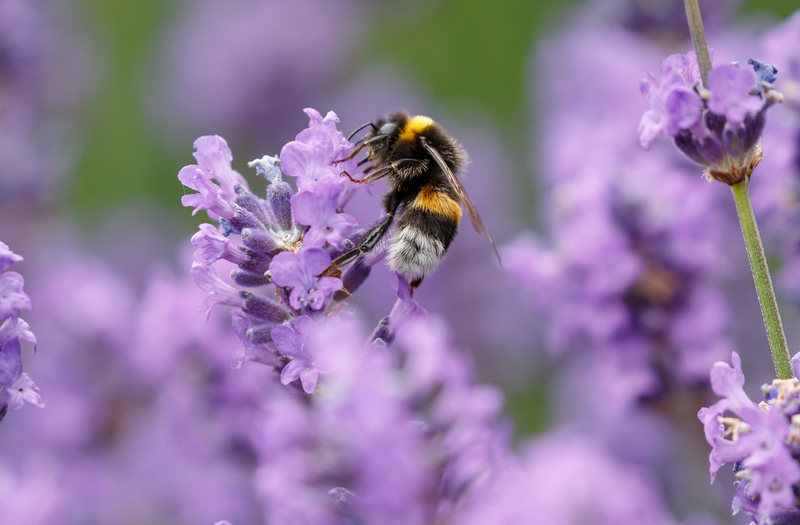Save Our Bees: How You Can Help
Posted on 15/08/2025
Save Our Bees: How You Can Help
Bees are integral to the survival of our ecosystems, but they are currently facing numerous threats. This article explores the importance of bees, the dangers they face, and how you can contribute to their conservation.
The Importance of Bees
Bees play a crucial role in pollinating plants, which in turn helps produce fruits, vegetables, nuts, and seeds. According to the Food and Agriculture Organization (FAO), bees pollinate approximately 75% of the world's crops. Without bees, the global food supply would be in jeopardy, potentially causing food shortages and higher prices.

Declining Bee Populations
The decline in bee populations has been attributed to several factors, including climate change, habitat loss, pesticide exposure, and diseases. The term "Colony Collapse Disorder" (CCD) was coined to describe the phenomenon where worker bees abruptly disappear from a hive, leaving behind the queen and immature bees. CCD has been one of the most alarming indicators of the decline in bee populations.
How You Can Help
Taking steps to protect bees can have a lasting impact on biodiversity and food security. Here's how you can contribute to saving our bees:
1. Plant Bee-Friendly Gardens
Cultivating a garden with a variety of flowers can provide bees with the nectar and pollen they need. Opt for plants that bloom at different times of the year to ensure a consistent food supply. Some bee-friendly plants include lavender, clover, and sunflowers.
2. Avoid Pesticides
Pesticides can be harmful to bees, even in small quantities. Choose organic gardening methods or opt for natural pest control solutions to create a safer environment for bees.
3. Support Local Beekeepers
Buying honey and other bee-related products from local beekeepers supports sustainable beekeeping practices. Additionally, local honey usually has fewer additives and supports the local economy.
4. Create Bee Habitats
Even small spaces can be transformed into bee habitats. Installing a bee hotel or leaving a patch of land undisturbed can provide bees with shelter. Additionally, providing a shallow water source can help bees stay hydrated.
5. Raise Awareness
Educate others about the importance of bees and the threats they face. Participate in community programs that focus on bee conservation and advocate for policies that protect bee habitats.
6. Support Conservation Organizations
Numerous organizations are dedicated to bee conservation. Donating to or volunteering with these organizations can further efforts to protect bees on a larger scale.
The Role of Policy and Legislation
Government policies and legislation play a critical role in bee conservation. Regulations that limit the use of harmful pesticides, protect natural habitats, and promote sustainable agricultural practices can make a significant difference. Support legislative initiatives that aim to protect bee populations and hold policymakers accountable for the implementation of these measures.
Research and Innovation
Ongoing research is essential in understanding bee behavior, diseases, and the effects of environmental stressors. Supporting scientific studies can lead to innovative solutions for bee conservation. Emerging technologies, such as artificial intelligence and drones, are being explored to monitor bee health and behavior more efficiently.

Community Involvement
Grassroots movements and community projects can have a profound local impact. Participating in community gardens, organizing educational workshops, and collaborating with local schools to create bee-friendly environments can foster a culture of conservation.
Conclusion
The decline in bee populations is a pressing issue that requires collective effort. By making conscious choices and taking actionable steps, we can contribute to the survival of these vital pollinators. Saving our bees is not just about preserving a species; it's about maintaining the health of our ecosystems and securing the future of our food supply.
By understanding the importance of bees, acknowledging the challenges they face, and actively participating in conservation efforts, we can work towards a brighter, bee-friendly future. Remember, every small action counts, and together, we can make a difference.
Latest Posts
Creating a Serene Zen Garden Oasis
Perfect Mow Timing: How Often to Trim Your Lawn?



